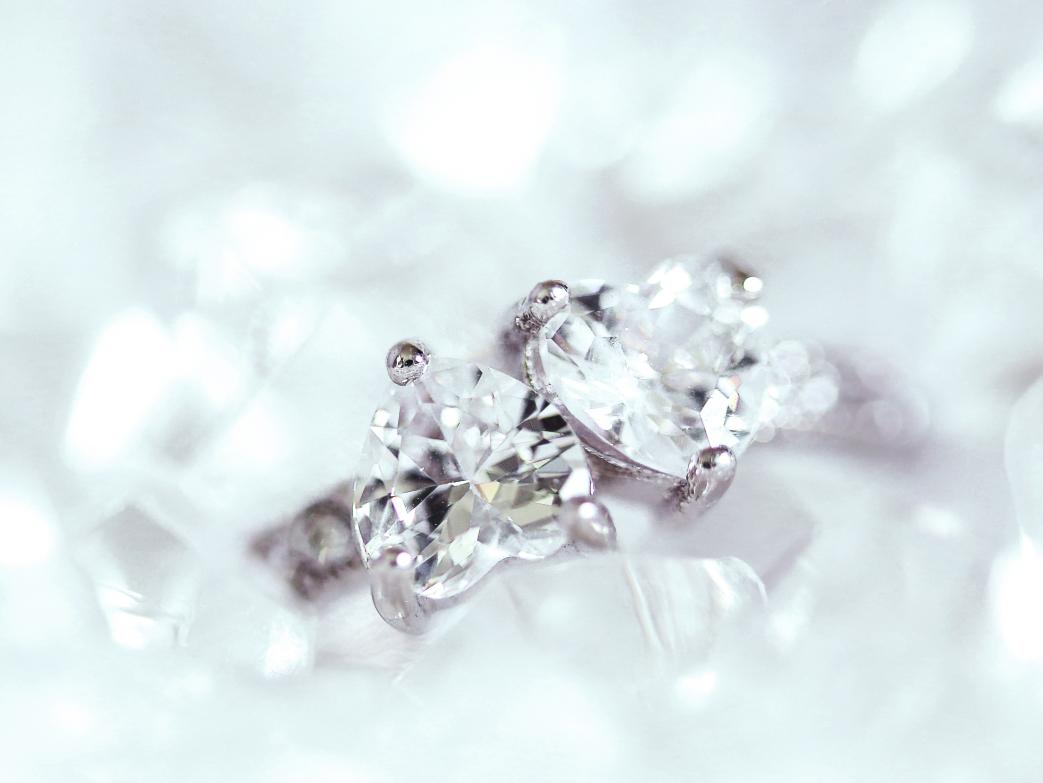Jewelry Appraisal
Jewelry is often more than just an accessory. It can hold sentimental value, represent a milestone or symbolize a significant relationship. Whether it’s an heirloom piece passed down from generation to generation or a recent purchase, it’s essential to understand the true value of your jewelry. That’s where jewelry appraisal comes in.
Jewelry appraisal is the process of determining the value of a piece of jewelry by a qualified appraiser. It involves a detailed analysis of the jewelry, including its design, craftsmanship, materials, and overall condition. The appraisal report provides an itemized description of the jewelry and its worth based on current market prices.

There are various reasons why you might need to have your jewelry appraised. The most common reasons include:

01
Insurance purposes
Jewelry appraisal is necessary when taking out an insurance policy or updating an existing one. Insurance companies require an accurate appraisal to ensure that the value of the jewelry is adequately covered.
02
Estate planning
If you’re creating a will or trust, having your jewelry appraised can help ensure that your heirs receive their fair share of the estate. It also helps in tax planning.
03
Resale or purchase
If you’re planning to sell your jewelry or purchase new pieces, having an appraisal can give you an accurate estimate of their value.
04
Divorce settlement
In divorce cases, jewelry appraisal can help determine a fair division of assets.
Now that you understand the importance of jewelry appraisal, let’s look at the process.
The Appraisal Process
During the appraisal process, the appraiser will examine the jewelry carefully. They will use various tools such as a loupe, microscope, and gemological equipment to evaluate the materials and craftsmanship. The appraiser will consider the following factors:
- Metal type and purity
- Gemstone quality, cut, and weight
- Jewelry design and workmanship
- Rarity and uniqueness
- Condition and age
The appraiser will then write a detailed report outlining the findings and value of the jewelry. This report should include a detailed description of the piece, including the type and quality of the materials, the condition of the item, and its estimated worth.
It’s essential to keep the appraisal report in a safe place, along with any other documentation related to the jewelry, such as receipts or certificates. This documentation can come in handy in case of loss, theft, or damage.
In conclusion, having your jewelry appraised is a crucial step in ensuring that you understand its true value. Whether you’re looking to insure, sell, or pass down your jewelry, having an accurate appraisal report can provide peace of mind and protect your investment. So, if you haven’t had your jewelry appraised yet, now is the time to do so.
